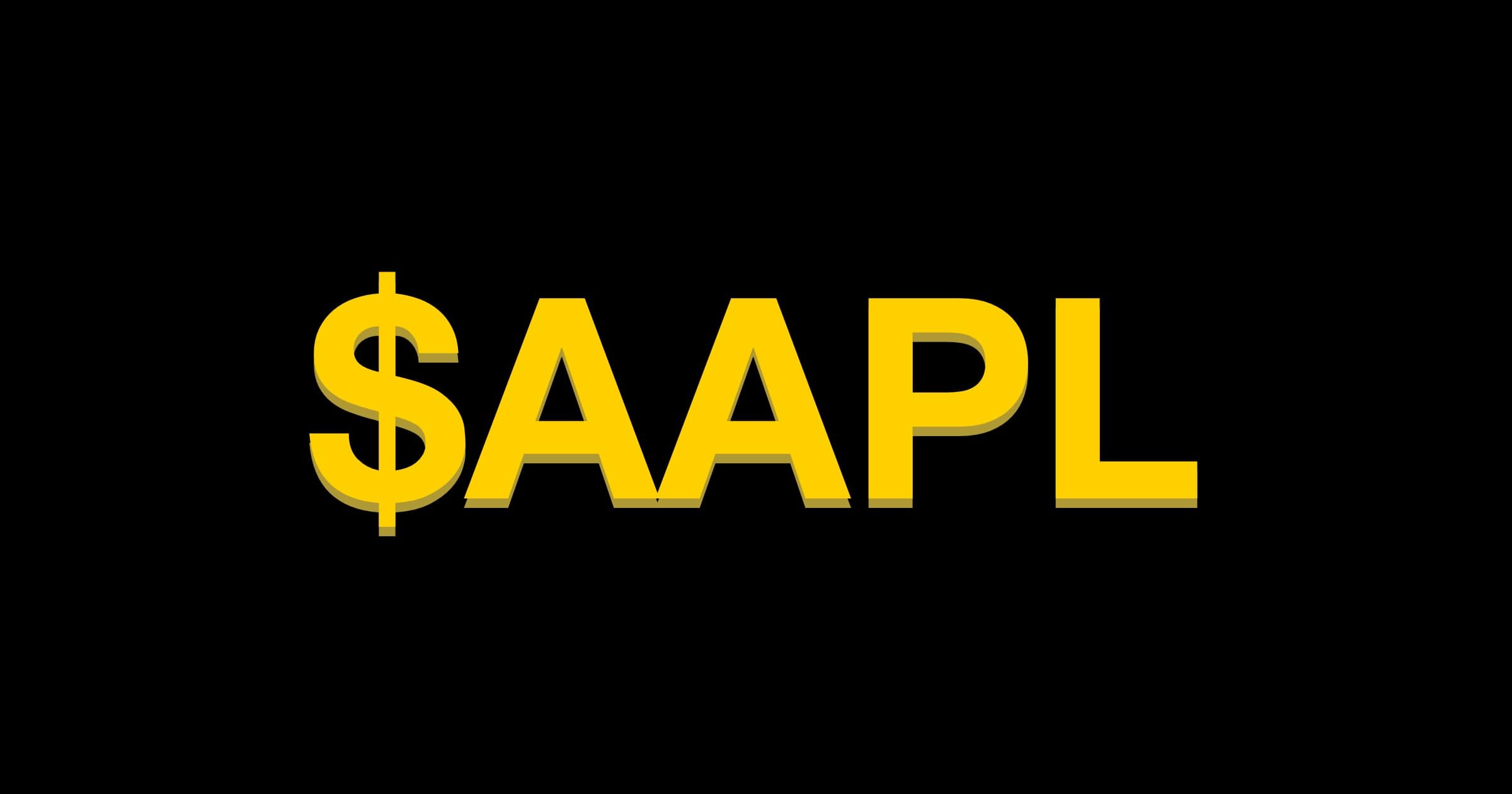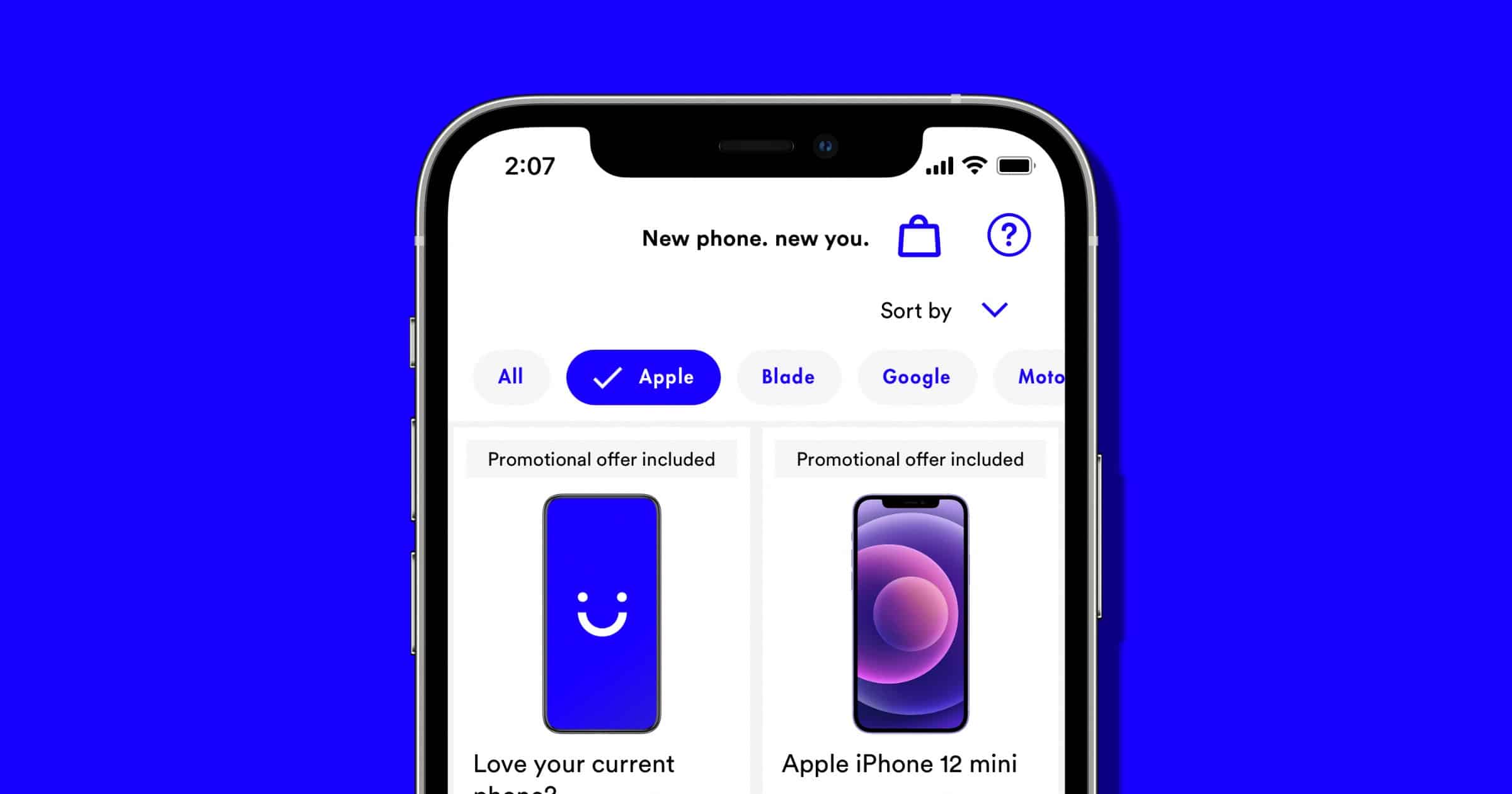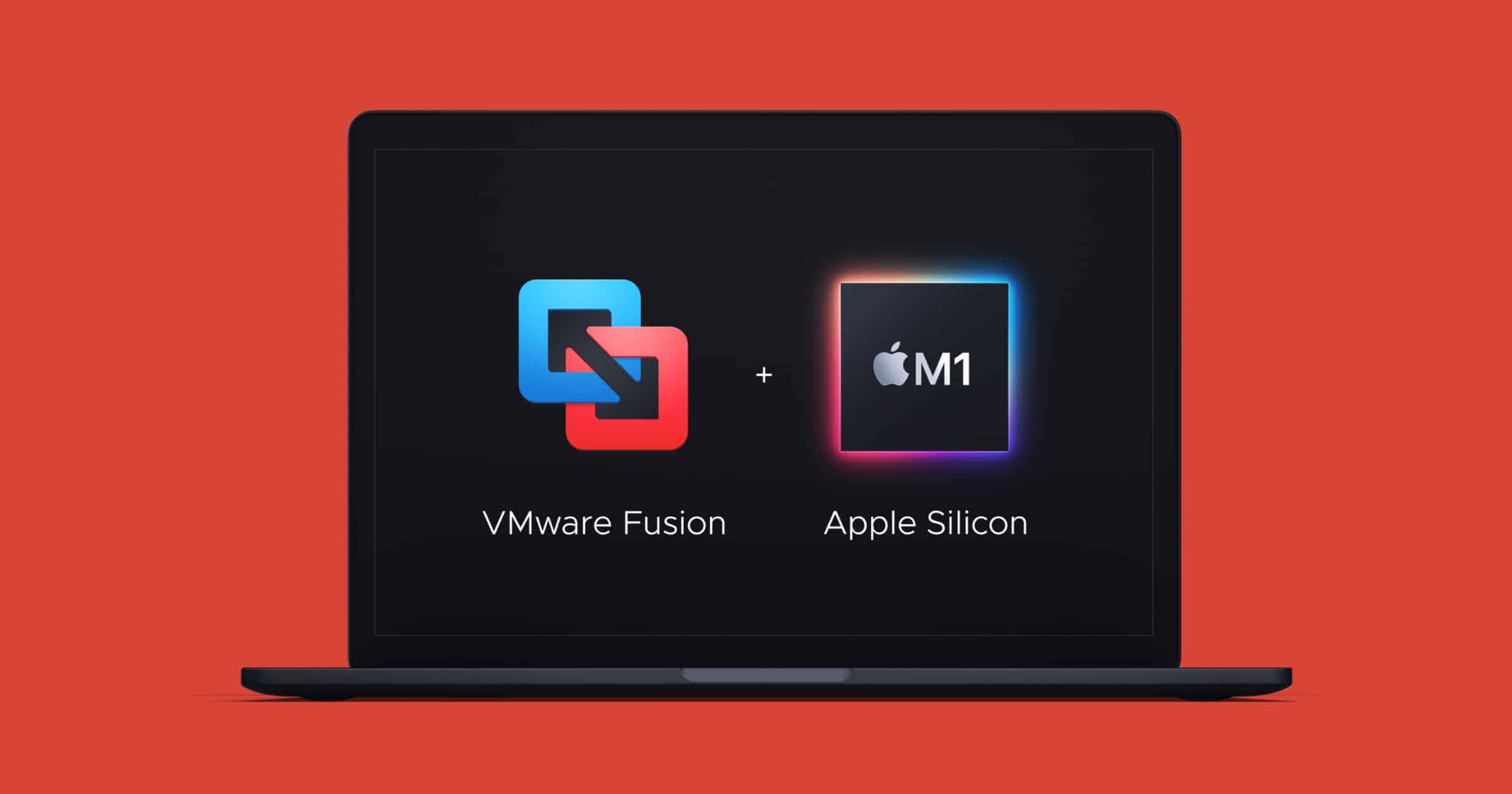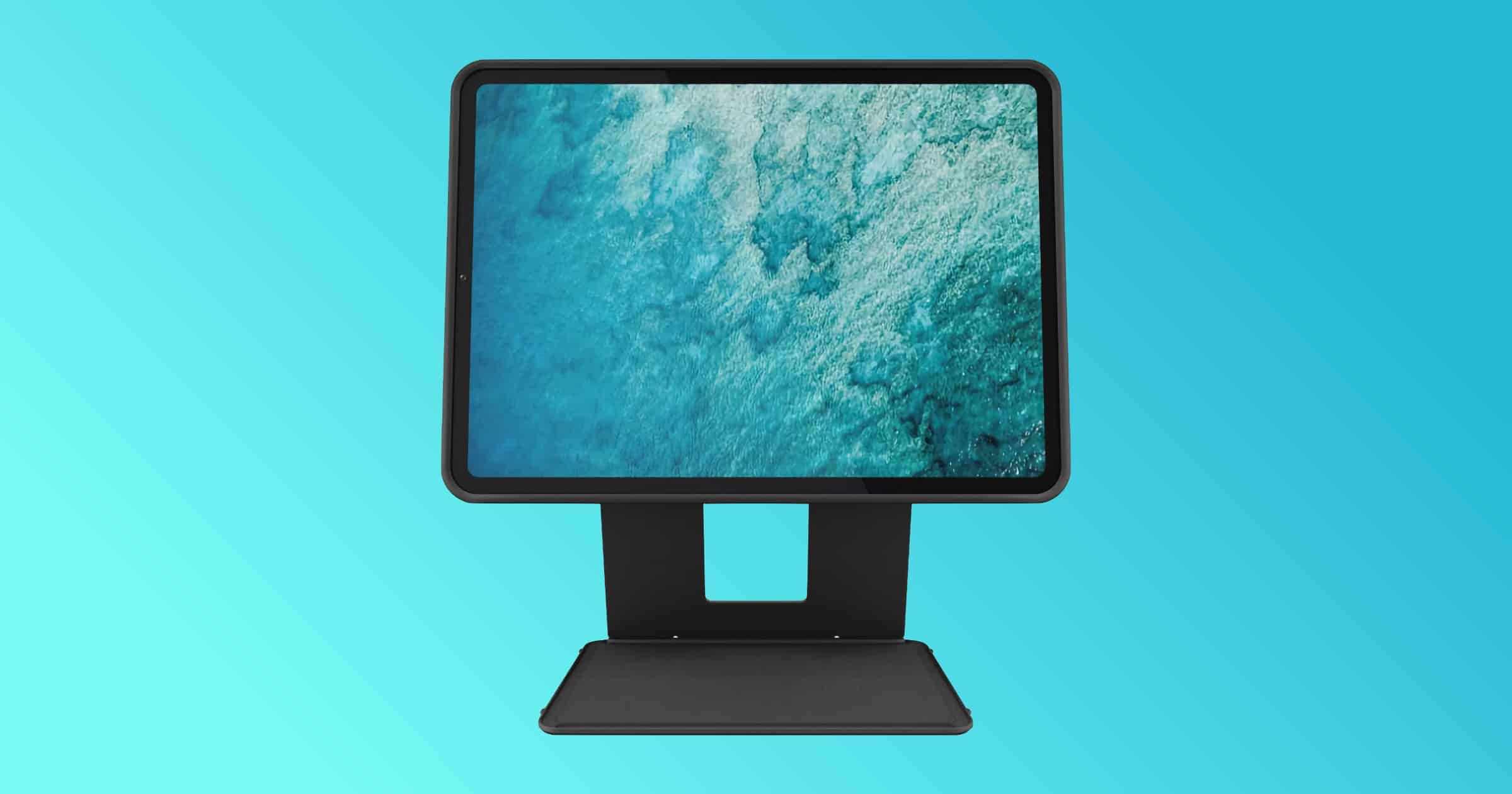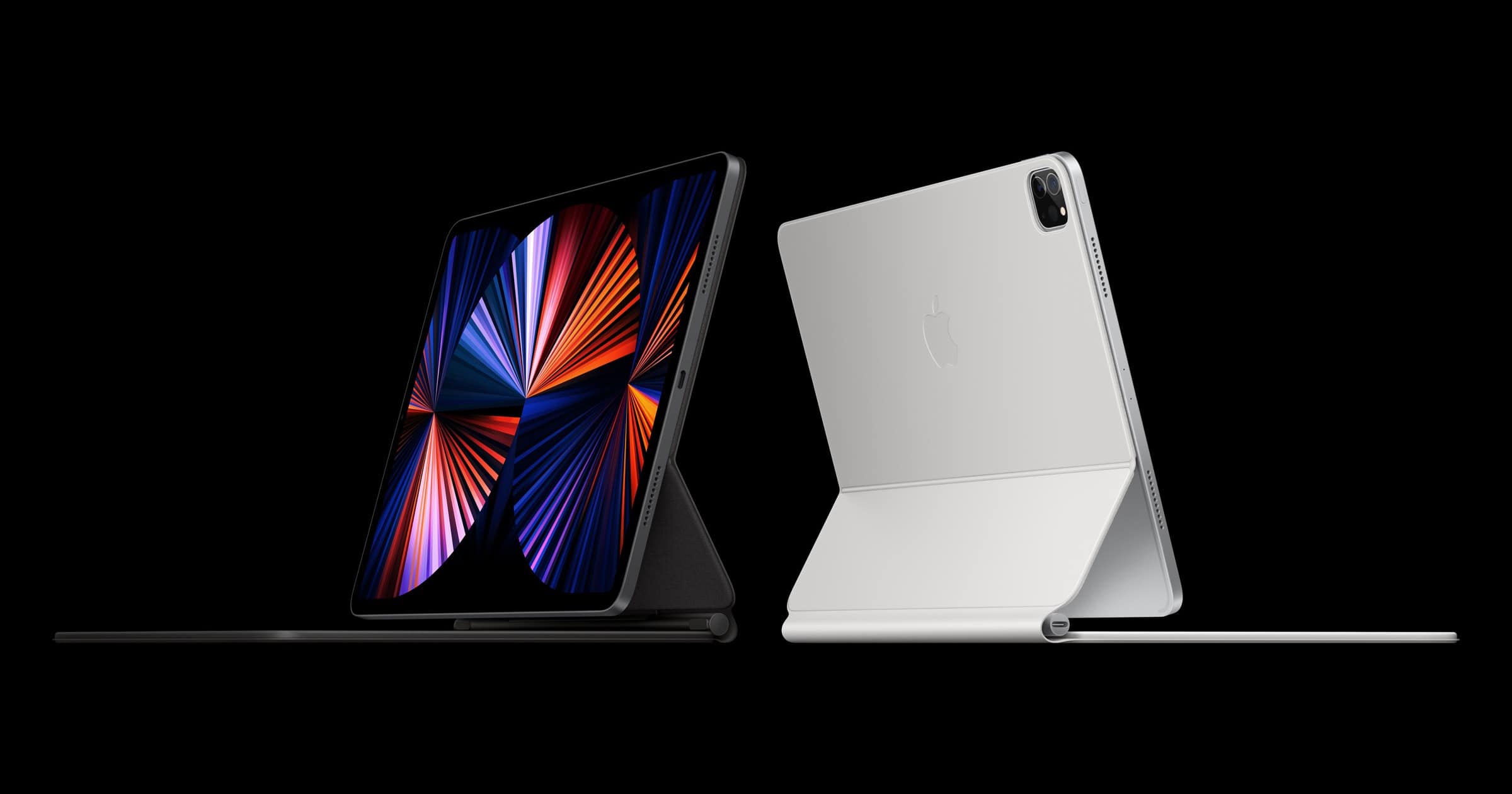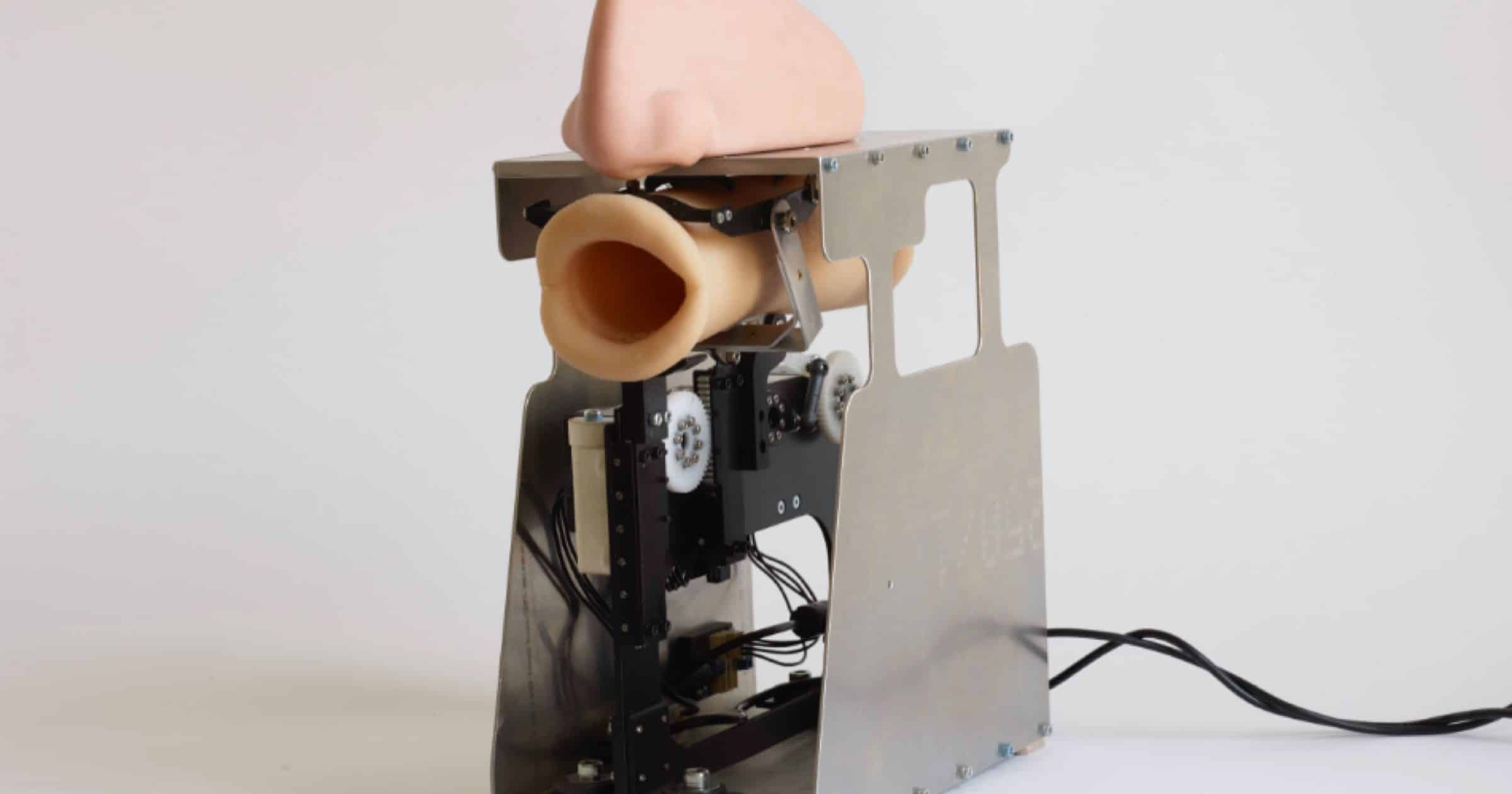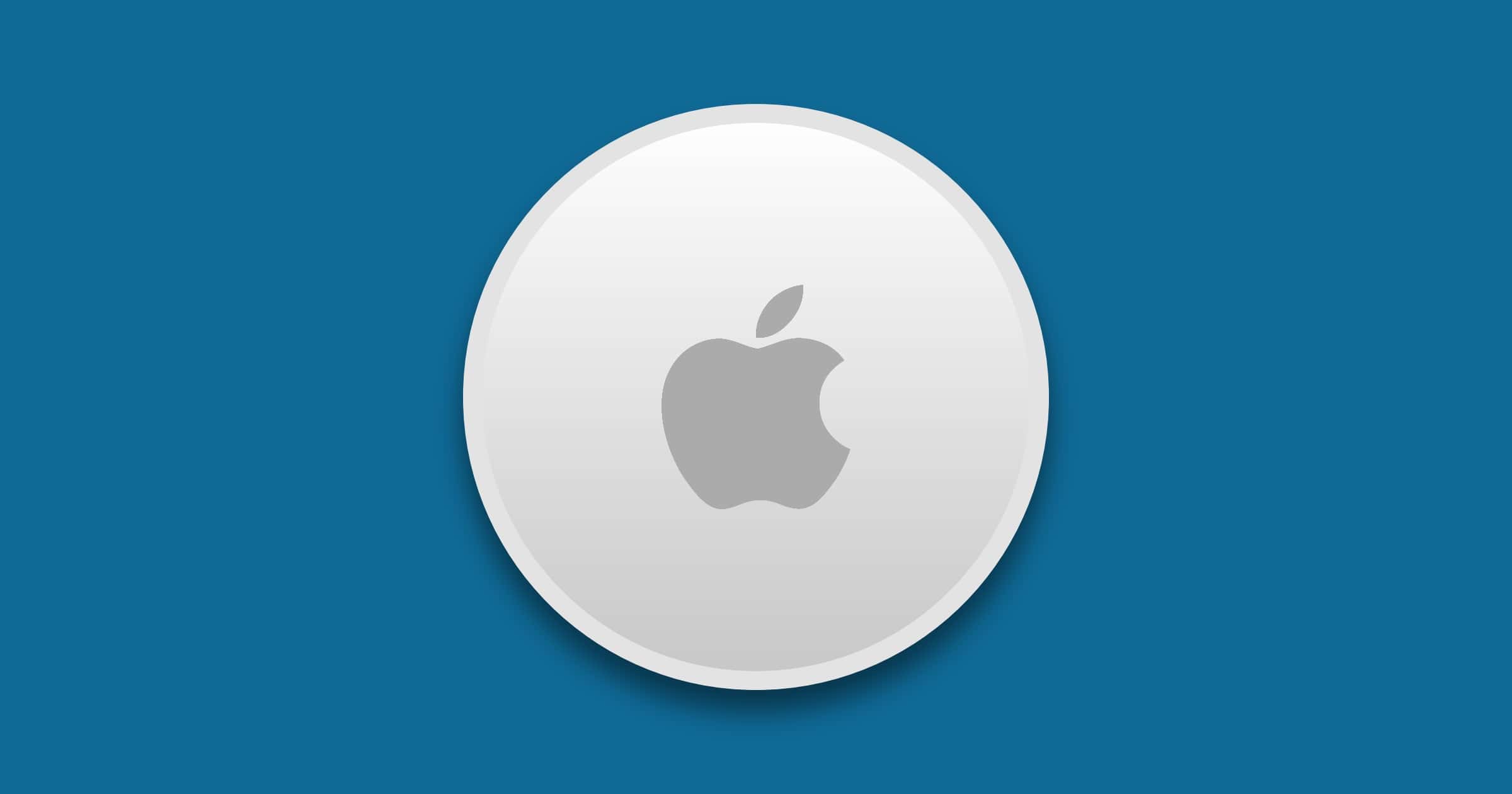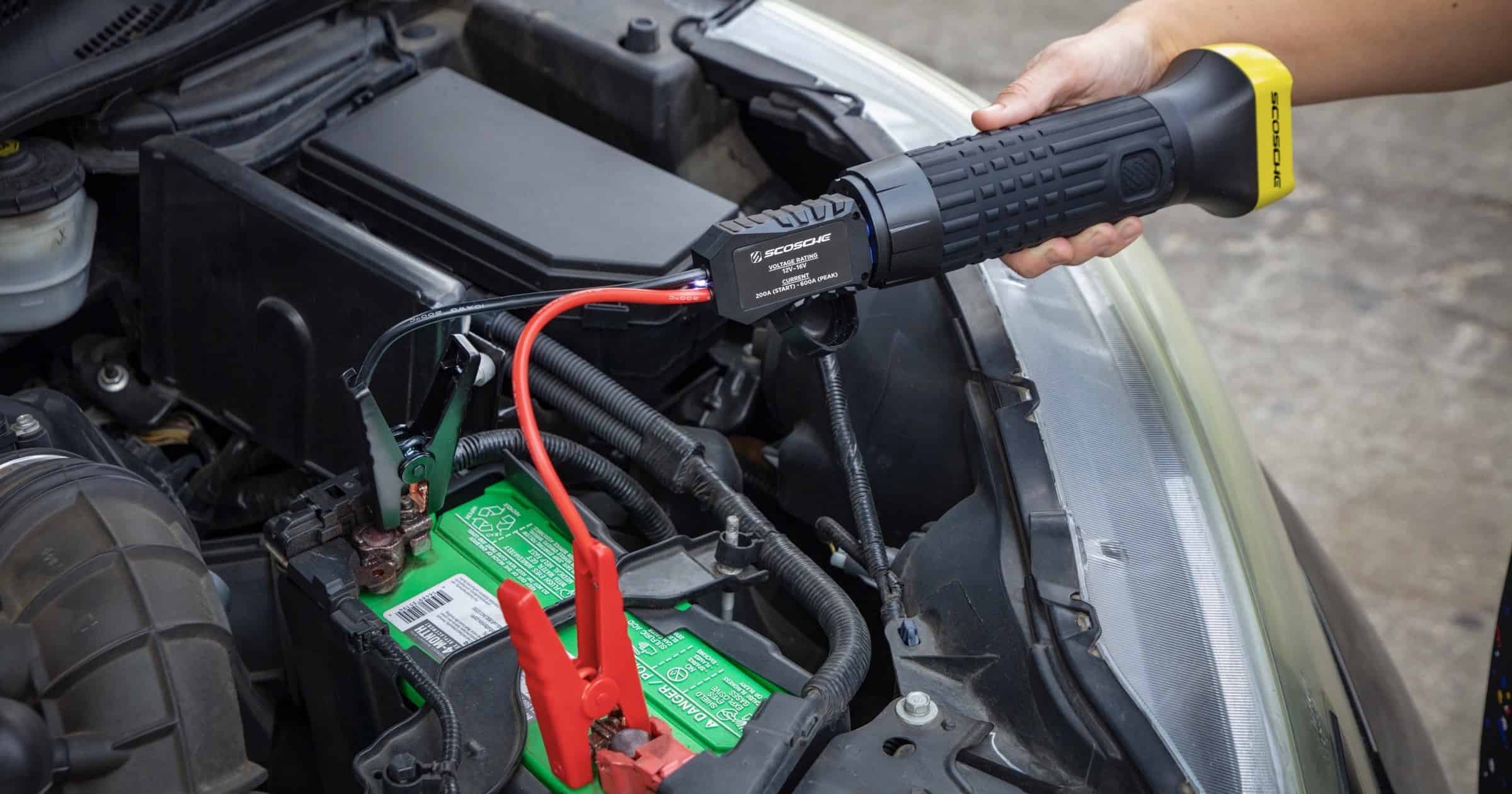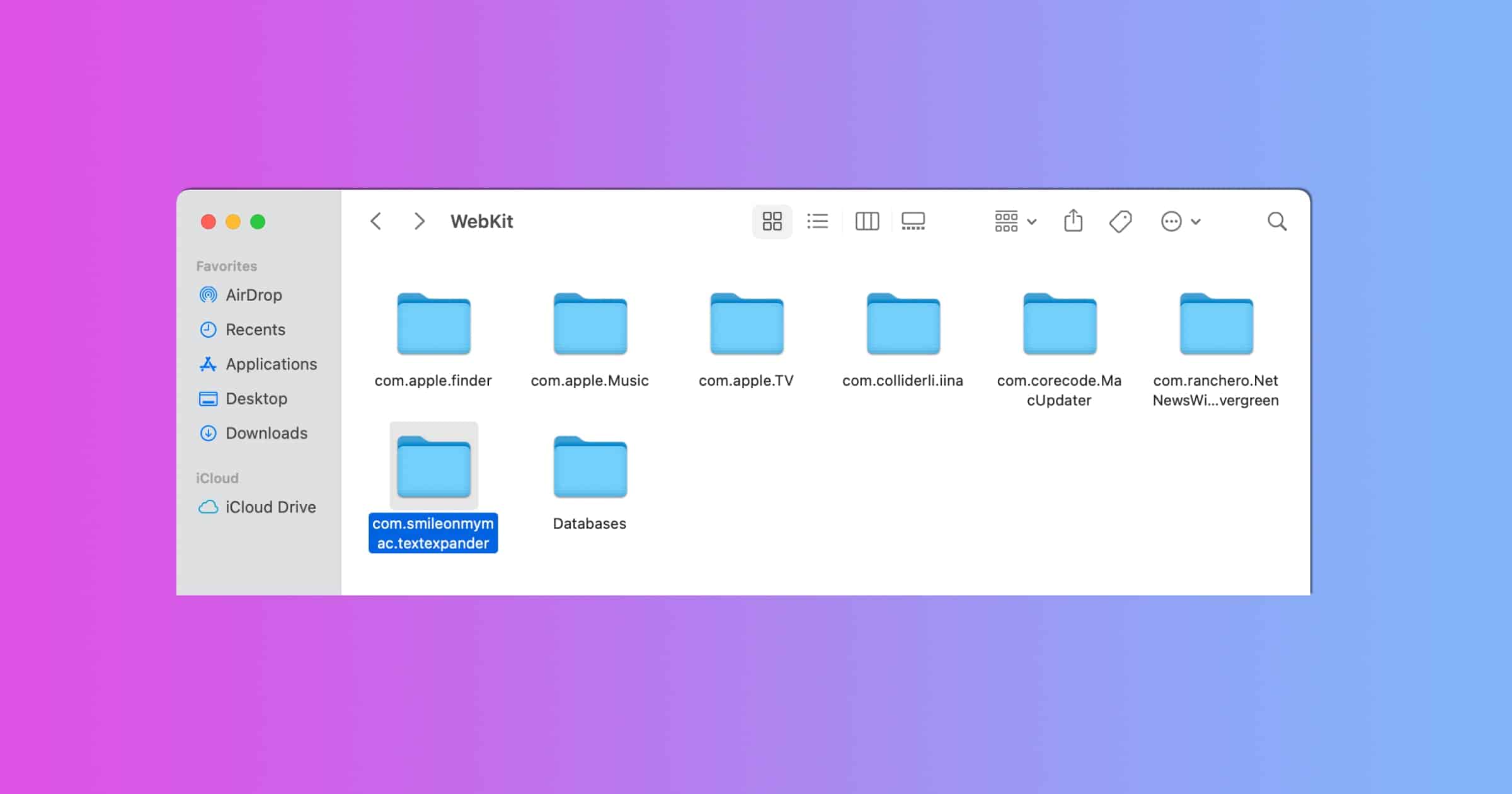Our holiday giveaway has officially come to an end, and we’re so excited to share the results! Congratulations to Antoni N.!
New Cloud Browser ‘Mighty’ to Cost $30 per Month
A startup called Mighty is building a cloud-based web browser that it claims will reduce loads on battery, CPU usage, and RAM. You can find the company’s blog post here, and a link to coverage from The Verge below.
Mighty claims it’ll eliminate distracting cookies and ads, automatically notify you about Zoom meetings, quick search Google Docs and presumably other integrations to come. Mighty also says it encrypts your data and keystrokes, among other security promises.
I think the concept of a cloud-based browser is interesting. But I prefer free Safari over paying a US$30/month fee.
Goldman Sachs Reverses its ‘Sell’ Analysis for Apple Stock
Apple reported record-breaking results for its March quarter on Wednesday, taking Wall Street by surprise.
Visible to Offer Early Smartphone Upgrade Program for Members
Starting May 3, Visible will offer an early smartphone upgrade program for Apple, Samsung, and Google phones.
Security Friday: Zero Day, Passwords, and More! – TMO Daily Observations 2021-04-30
Andrew Orr joins host Kelly Guimont to discuss Security Friday news, including a credit bureau data leak, OS updates, and some password items.
SuperDuper Can Back Up Your M1 Mac, But There’s a Catch
In the latest beta version of SuperDuper, v.3.5 beta 1, it’s the first version to fully support bootable Big Sur backups on M1 Macs.
Sinji Flexible Borescope Camera for iPhone, Android: $29.95
We have a deal on the Sinji Borescope, a flexible inspection camera designed to provide a quick and easy look at hard to reach areas. It comes with a 2-meter cable and 6 adjustable LEDs for lighting your view. It also comes with a hook and magnet for retrieving objects. It’s $29.95 through our deal.
VMware Fusion Won’t Run x86 VMs on M1 Macs
VMware announced on its blog Tuesday that it won’t support installing or running x86 VMs on M1 Macs.
We will be delivering a Tech Preview of VMware Fusion for macOS on Apple silicon this year. We don’t plan to support installing or running x86 VMs on Macs with Apple silicon. macOS VMs are not in scope in the short term. There are challenges there which will require Apple to work with us to resolve.
How Apple is Navigating the Great Semiconductor Shortage
Apple is faring better than most as the global semiconductor shortage continues. Reuters analyzed why it is in a better position than other firms, particularly automakers, and also explained why it could face some problems in the near future.
Apple, which is famous for its supply chain management and has more buying power than any other company, has avoided problems so far in meeting surging demand in part by burning through supply buffers, Chief Executive Tim Cook told investors on a conference call Wednesday. Problems procuring chips made with older-generation technologies will catch up with Apple in the current quarter, Cook said, noting that other industries also use such chips. He did not cite automakers specifically, but many of their components are based on such earlier-generation tech. Apple expects the problems to mostly affect iPads and Macs – two product lines that have sold well as work-from-home tools during the pandemic but whose sales are a fraction of Apple’s cash cow, the iPhone. Ford, by contrast, is facing production shutdowns for its most profitable product, the F-150 pickup.
MOFT Introduces 2-in-1 Stand & Case for iPad Pro, iPad Air
MOFT has a new product for the iPad Pro and iPad Air 2020. Called MOFT Float, it gives customers a 2-in-1 stand/case combination.
Updated Apple TV 4K and New Siri Remote Available to Order
The new Apple TV 4K and (finally!) updated Siri remote are now available to order, and will both ship in the second half of May.
iPad Pro With M1 Chip Available to Order
The latest iPad Pro with an M1 is available to order, with the 11-inch model starting at US$799 and the 12.9-inch model starting at US$1,099.
New M1 iMac Brings M1 in Seven Colors Available to Order
Orders are now open for the new 24-inch M1 iMac – the redesigned device starts at US$1,299 and comes in seven different colors.
Purple iPhone 12, iPhone 12 Mini, and AirTags Available to Buy
The iPhone 12 and mini with a new purple finish plus AirTags are now available to purchase, along with accessories.
CrossOver for Mac 'One' License for Running Windows Apps on Mac: $19.99
We have a deal on a Crossover for Mac One license. This software allows you to run Windows apps on your Mac without running a full emulator, which means not installing Windows. A One license is $19.99 through our deal. Check out the deal listing for details.
Someone Built a Preacherbot Powered by AI and it’s Awesome
Artist Diemut Strebe built a praying robot “to explore the possibilities of an approximation to celestial and numinous entities by performing a potentially never-ending chain of religious routines and devotional attempts for communication through a self-learning software.” The production is a collaboration with Regina Barzilay, Tianxiao Shen, Enrico Santus, all MIT CSAIL, Amazon Polly, Bill and Will Sturgeon, Elchanan Mossel, MIT, Stefan Strauss, Chris Fitch, Brian Kane, Keith Welsh, Webster University, Matthew Azevedo. “Wretched sinner unit! The path to robot heaven lies here… in the Good Book 3.0.” ―Lionel Preacherbot
Here’s When The FCC Emergency Broadband Benefit Program Starts
FCC Acting Chairwoman Jessica Rosenworcel announced the start date of the Emergency Broadband Benefit Program. It starts on May 12 for U.S. residents with low incomes or those who lost income during the pandemic. You can sign up for the program here. Benefits include:
Up to a $50/month discount on your broadband service and associated equipment rentals; Up to a $75/month discount if your household is on qualifying Tribal lands; A one-time discount of up to $100 for a laptop, tablet, or desktop computer (with a co-payment of more than $10 but less than $50)
AirTags Pose Domestic Abuse Risk, Leading Nonprofit Warns
AirTags could be used by an abuser to track a partner, the nonprofit National Network to End Domestic Violence has warned.
Thursdays with Bob: Health Apps – TMO Daily Observations 2021-04-29
Dr Mac joins host Kelly Guimont to talk about his recent discoveries in the Health app and tips for customizing it with relevant data.
Scosche Announces Flashlight, Jump Starter, Power Bank Combo
Scosche Industries has launched an interesting new product called PowerUp600. It’s a device that combines a flashlight, jump starter, and power bank.
Apple Pay and Others Mean Banks Could be Squeezed Out, French Authorities Warn
Payment services from tech firms like Apple and Google risk squeezing out traditional banks and need monitoring. Authorities in France raised the concern that these firms can make money from these services but avoid much of the regulation, Bloomberg News reported.
The French authority also highlights access to near-field communication on smartphones used for contactless payment, an issue that has already triggered EU and Dutch antitrust probes and potential legislation to respond to banks’ complaints that Apple unfairly blocks their access on its devices. The companies that the French agency calls “les BigTech” are armed with “considerable financial power” to invest in new technologies and will have lower marginal costs compared to banks. Access to large volumes of data and processing power may allow them better assess customers financial health and offer them targeted services, the authority said. Integrating payments in other services allows them to offer a “customer journey” that can’t be matched or replaced easily by competitors, the authority said
Here's How to Fix TextExpander Crashes on macOS 11.3
Some people have been experiencing TextExpander crashes on macOS 11.3. If updating doesn’t fix it, there’s another option.
What New Apple Products Will be Available to Order on April 30, 2021?
The new M1 iMac, M1 iPad Pro, and Apple TV 4K will all become available to order on Friday, April 30, 2021.
IRS Asks For Help to Hack Hardware Cryptocurrency Wallets
The IRS is asking for help to hack into hardware cryptocurrency wallets that could be useful in criminal investigations.
The decentralization and anonymity provided by cryptocurrencies has fostered an environment for the storage and exchange of something of value, outside of the traditional purview of law enforcement and regulatory organizations. There is a portion of this cryptographic puzzle that continues to elude organizations—millions, perhaps even billions of dollars, exist within cryptowallets.
Safari 14.1 Adds WebM, Date & Time Inputs, Web Speech, and More
Safari 14.1 for macOS Big Sur, iPadOS 14.5, and iOS 14.5 brings new WebKit features, APIs, and more for web developers.


